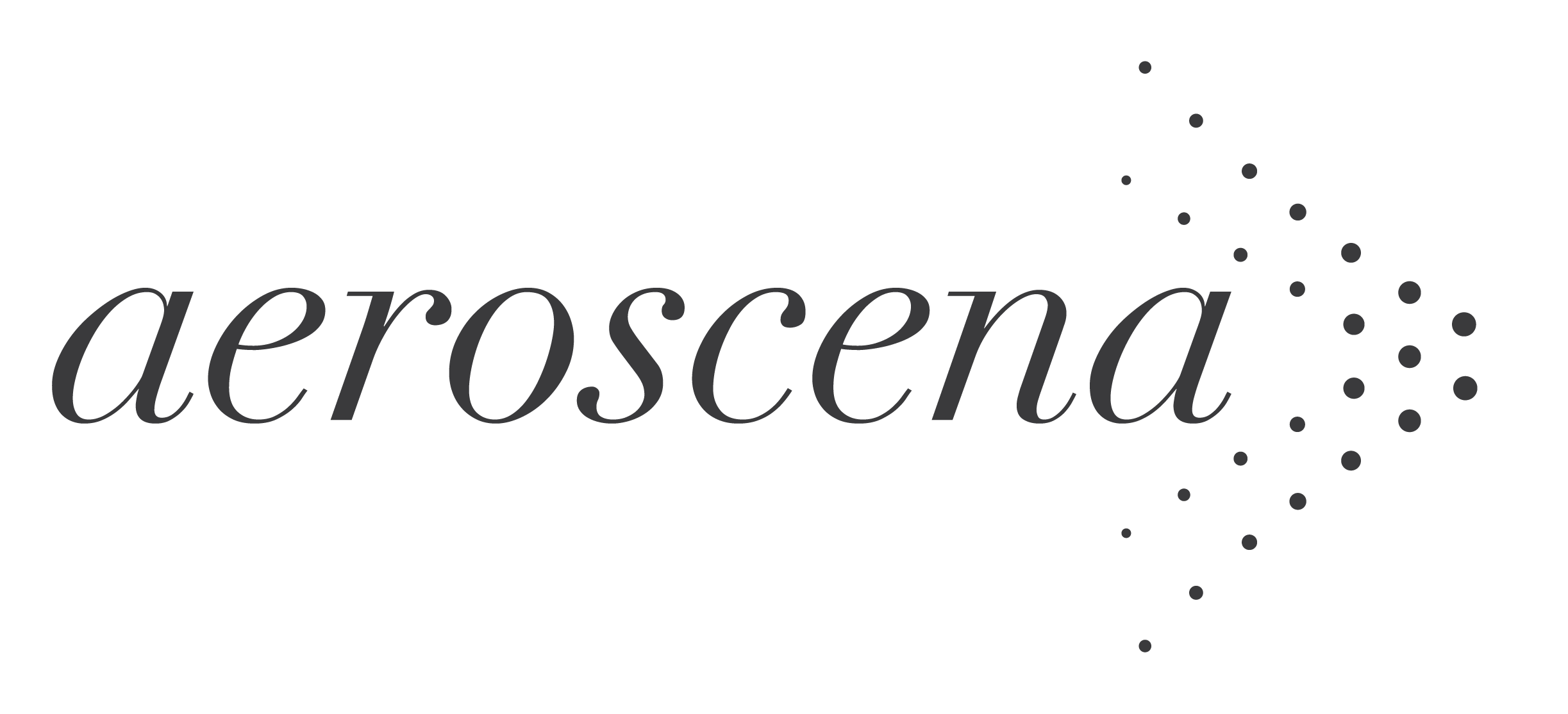Anxiolytic-Like Effect of Sweet Orange Aroma in Wistar Rats
Prog Neuropsychopharmacol Biol Psychiatry.
2010 May 30;34(4):605-9. doi:10.1016/j.pnpbp.2010.02.020. Epub 2010 Mar 6.
Faturi CB(1), Leite JR, Alves PB, Canton AC, Teixeira-Silva F.
Author information:
(1)Universidade Federal de Sergipe-Departamento de Fisiologia e Departamento de
Química, Av. Marechal Rondon, S/N-CEP 49100-000-São Cristóvão/SE-Brazil.
faturi@psicobio.epm.br
Aromatherapy is the use of essential oils as an alternative treatment for medical purposes. Despite the lack of sufficient scientific proof, it is considered a holistic complementary therapy employed to enhance comfort and decrease distress. Citrus fragrances have been particularly used by aromatherapists for the treatment of anxiety symptoms. Based on this claim, the present study investigated the effects of Citrus sinensis (sweet orange) essential oil on Wistar, male rats evaluated in the elevated plus-maze followed by the light/dark paradigm. The animals were exposed to the orange aroma (100, 200 or 400 micron) for 5 min while in a Plexiglas chamber and were then immediately submitted to the behavioural tests. At all doses, C.sinensis oil demonstrated anxiolytic activity in at least one of the tests and, at the highest dose, it presented significant effects in both animal models, as indicated by increased exploration of the open arms of the elevated plus-maze (time: p=0.004; entries: p=0.044) and of the lit chamber of the light/dark paradigm (time: p=0.030). In order to discard the possibility that this outcome was due to non-specific effects of any odor exposure, the behavioural response to Melaleuca alternifolia essential oil was also evaluated, using the same animal models, but no anxiolytic effects were observed.
These results suggest an acute anxiolytic activity of sweet orange essence, giving some scientific support to its use as a tranquilizer by aromatherapists.
Copyright 2010 Elsevier Inc. All rights reserved.
PMID: 20211673 [PubMed - indexed for MEDLINE]

